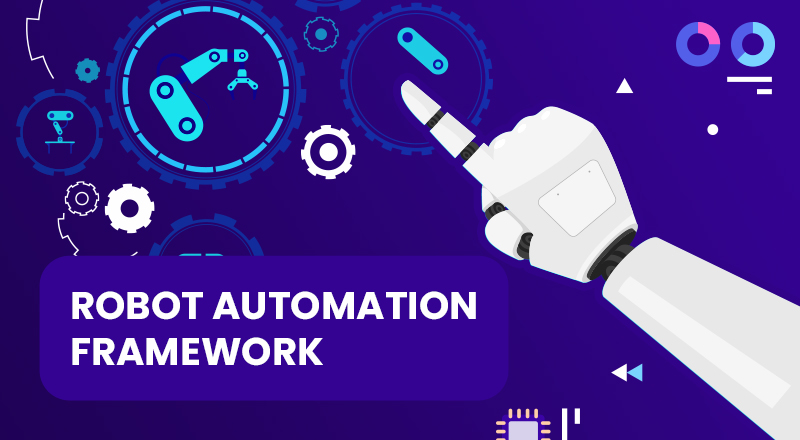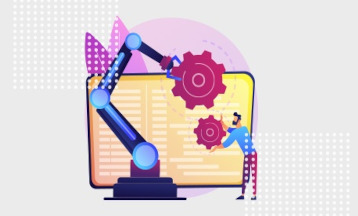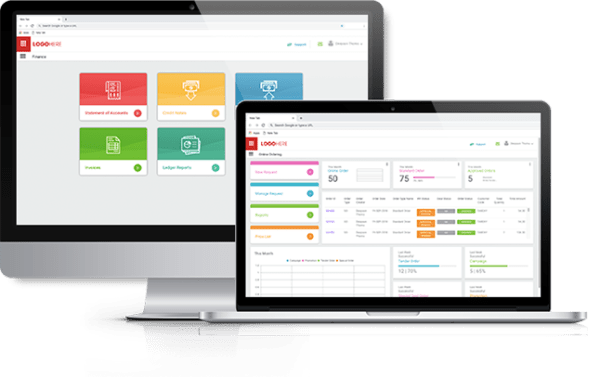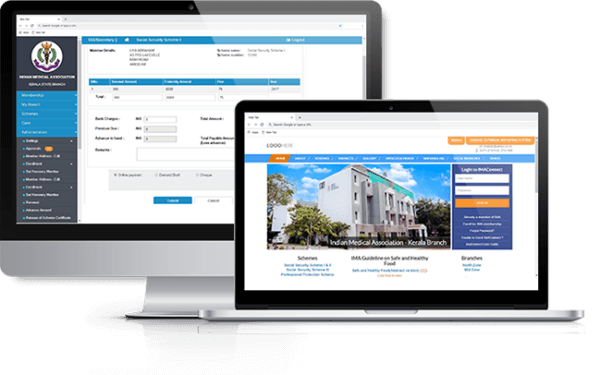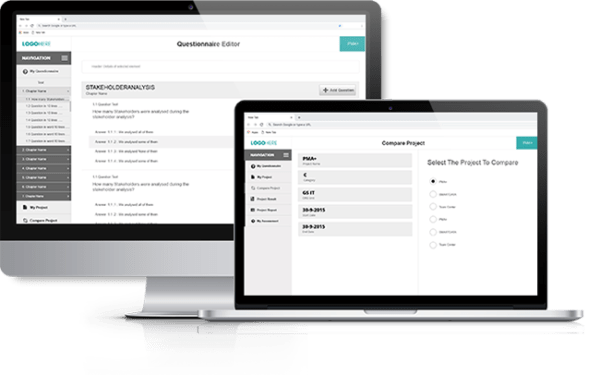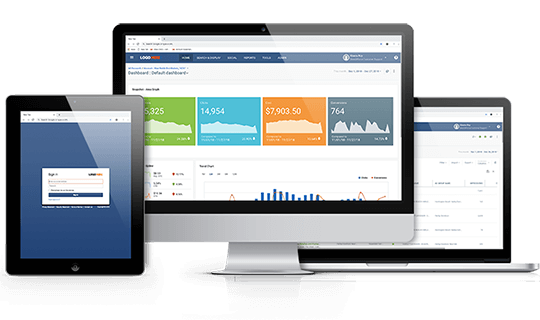In today’s fast-paced digital landscape, businesses rely heavily on their applications to deliver seamless experiences to customers and stakeholders. However, ensuring the smooth operation of these applications requires more than just development and deployment. Enter DevOps – a methodology that has revolutionized the way software is built, deployed, and maintained. In this blog post, we’ll delve into the pivotal role DevOps plays in enhancing application support and maintenance, and how it enables organizations to achieve greater efficiency and reliability.
Streamlined Collaboration:
DevOps breaks down silos between development and operations teams, fostering collaboration and communication throughout the application lifecycle.
By bringing developers, operations engineers, and other stakeholders together, DevOps ensures that everyone is aligned towards common goals, leading to faster issue resolution and enhanced support.
DevOps encourages a cultural shift towards collaboration, where developers and operations engineers work closely together throughout the software development lifecycle.
By breaking down these silos, DevOps fosters a shared understanding of the application and its infrastructure, leading to faster issue resolution and improved support.
Continuous Integration and Continuous Deployment (CI/CD):
CI/CD pipelines automate the process of building, testing, and deploying code changes, enabling teams to deliver updates to applications rapidly and reliably.
Automated testing within CI/CD pipelines helps identify issues early in the development cycle, reducing the likelihood of bugs reaching production and minimizing downtime.
By automating tasks such as code compilation, unit testing, and deployment, CI/CD shortens the feedback loop, allowing developers to detect and address issues early in the development cycle.
Rapid feedback enables teams to deliver updates to applications more frequently, accelerating the pace of innovation while maintaining high quality.
By running a suite of tests, including unit tests, integration tests, and end-to-end tests, CI/CD pipelines verify the functionality, performance, and security of applications.
Improved quality and reliability reduce the likelihood of production incidents and minimize the time and effort spent on troubleshooting and maintenance.
Infrastructure as Code (IaC):
IaC allows infrastructure to be provisioned and managed through code, enabling teams to automate the setup and configuration of application environments.
By treating infrastructure as code, DevOps practitioners can ensure consistency across environments, making it easier to support and maintain applications in different stages of the development lifecycle.
With IaC, teams can easily spin up new environments for development, testing, and staging, as well as scale resources up or down in response to changing demand.
When updates or patches are required, new infrastructure is provisioned with the updated configuration, ensuring consistency and predictability.
By automating the provisioning of backup infrastructure and defining recovery procedures in code, teams can minimize downtime and mitigate the impact of disasters on application availability.
Monitoring and Alerting:
DevOps emphasizes proactive monitoring of application performance and infrastructure health.
Implementing robust monitoring and alerting systems enables teams to detect issues in real-time, allowing for prompt troubleshooting and minimizing the impact on end-users.
Monitoring and alerting enable teams to identify performance bottlenecks and scalability issues, allowing them to optimize application performance and resource utilization.
DevOps teams can leverage monitoring data to diagnose the root cause of incidents, assess their impact on users, and identify areas for improvement in the application or infrastructure.
Continuous Improvement:
DevOps is not just about deploying code; it’s also about continuously improving processes and systems.
Through practices like post-incident reviews and retrospectives, DevOps teams identify areas for improvement and iterate on their approach to application support and maintenance, leading to greater efficiency and reliability over time.
Enhanced Scalability and Resilience:
DevOps principles such as automation and infrastructure scalability enable applications to scale seamlessly to meet growing demands.
By designing applications with resilience in mind and implementing automated failover mechanisms, DevOps teams can minimize downtime and ensure high availability for critical services.
In today’s competitive business landscape, organizations must prioritize the efficient support and maintenance of their applications to deliver exceptional experiences to customers. DevOps provides the framework and tools necessary to achieve this goal, enabling teams to streamline collaboration, automate processes, and continuously improve application support and maintenance practices. By embracing DevOps principles, organizations can enhance their agility, reliability, and scalability, ultimately driving greater value for their customers and stakeholders. Connect with https://www.zinemind.com/ to learn more.







